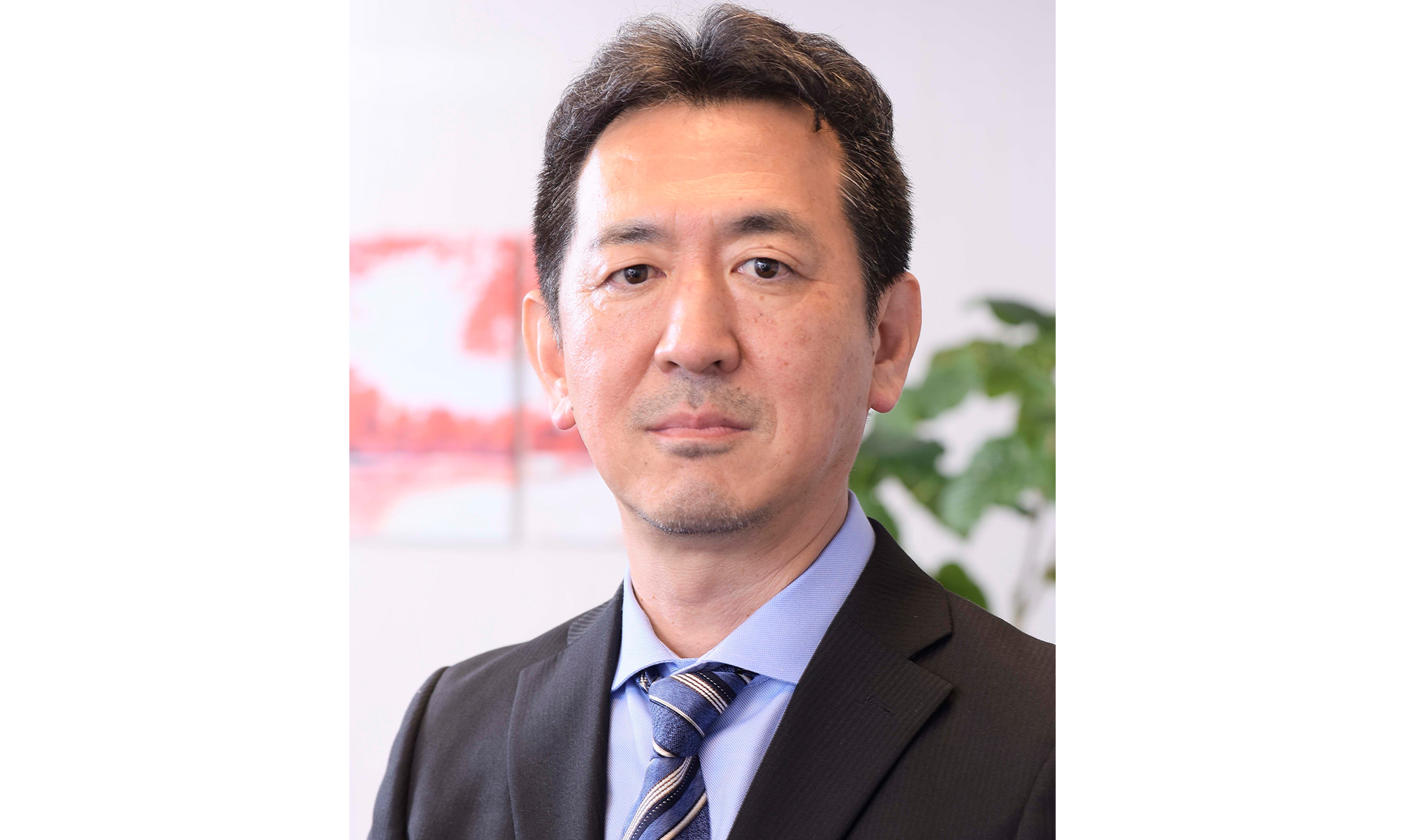- Faculty Overview
- About Faculty of Societal Safety Sciences (FSS)
- Philosophy and Purpose of Establishment
- Curriculum
- Message from the Dean
Message from the Dean
We will contribute to building a safe, secure, and sustainable society.
Professor Kazuhiko Takano,
Dean of the Faculty of Societal Safety Sciences

Purpose of establishing the Faculty of Social Safety
In April 2010, the Faculty of Social Safety was established as the 13th Faculty of Kansai University. At the same time, the Master's Course of the Graduate School of Social Safety Studies was established, followed by the Doctoral Course in April 2012. The Faculty and Graduate School of Social Safety Studies were established as the first higher education institution in Japan to conduct research and education on “Social Safety Studies” with the aim of building a safe and secure society.
Social safety studies” is a new academic system that conducts interdisciplinary research in science and engineering, social sciences, and the humanities on disasters that threaten human society, with the aim of preventing their occurrence, controlling their frequency, mitigating their damage, and providing relief to victims. Disasters that are the subject of research are situations that cause damage to human lives and social life, and include natural disasters caused by natural phenomena such as large-scale earthquakes and tsunamis, and social disasters caused by human causes such as product accidents, industrial accidents, and corporate incidents.
For example, in recent years, Japan has experienced earthquake disasters such as the Great East Japan Earthquake (2011), Kumamoto Earthquake (2016), and Noto Peninsula Earthquake (2024), water disasters such as the torrential rains in western Japan (2018), and the COVID-19 pandemic (2020). In addition, incidents and accidents resulting from corporate activities, such as health hazards caused by pharmaceutical company products (2024), information leaks, and inspection fraud, are occurring with high frequency.
The Faculty and Graduate School of Science and Technology are contributing to the creation of a safe and secure society by conducting research and education on these issues by researchers from a wide range of fields across the boundaries of the humanities and sciences. It is no exaggeration to say that our faculty and graduate school are indispensable for our country, which is called a disaster-prone nation.
Translated with DeepL.com (free version)
Features of Learning
For example, to understand disaster prevention/mitigation measures and reconstruction/restoration measures for large-scale earthquake disasters, it is necessary to study not only engineering but also multiple disciplines such as economics, public administration, and sociology. In addition, to study product accident prevention and crisis management in companies, it is necessary to study business administration, law, psychology, etc. in an interdisciplinary manner. Thus, effective countermeasures against disasters, incidents, and accidents require cross-disciplinary study of existing academic disciplines.
In the first year, students take basic courses that are necessary for studying both natural and social disasters; in the second and subsequent years, students take more specialized courses based on the basic knowledge acquired in the first year. In the third year, in addition to taking specialized courses, all students are enrolled in seminars. In the fourth year, students compile their graduation research into a thesis. Basically, the curriculum consists of many knowledge courses in the first and second years, and many practical exercise courses in the third and fourth years that make use of this knowledge.
Further advanced research can be conducted in the Master's and Doctoral programs of the graduate school.
Expected Course
From 2003 to 2006, a series of laws were passed in Japan that required companies to establish systems to prevent the occurrence of risks in normal times. These included the Personal Information Protection Law (2003), the Companies Act (2005), and the Financial Instruments and Exchange Law (2006), which mainly encouraged large companies to establish risk management systems. According to a survey I conducted in 2010 of 21 parent companies of large corporate groups, the number of personnel in risk management departments had increased 4.8 times over the previous 10 years. This shows that large companies are taking laws and regulations seriously.
Because of this, many large companies have departments with full-time jurisdiction over risk management, compliance, and disaster prevention, and the employment rate of graduates of this department who have studied social safety expertise in large companies tends to be higher than that of other departments. Many government agencies also have specialized departments for disaster prevention, and the employment rate for civil servants also tends to be relatively high.
The employment situation at the Faculty is excellent, and we have continued to achieve high results every year since our first graduating class. It is expected that those who have received education at the Faculty will be active as leaders in companies and government agencies.
Message to Society
In recent years, the word “sustainable” has been heard more and more often. It is needless to say that the construction of a safe and secure society, which is the goal of social safety studies, is the foundation of a sustainable society. The Faculty of Social Safety Studies is the only faculty in Japan where students can study social safety studies.
Social safety studies is also an academic field in which the effectiveness of research results is questioned. Therefore, the Faculty actively engages in joint research and collaborative activities with companies and government agencies.
Through research and education in social safety studies, the Faculty contributes to the construction of a safe, secure, and sustainable society.